- This time of war has been the most beautiful of my life!
- 14 April 2008 in Irun. Celebration of Day of the Spanish Republic. The Urban Band plays the hymn. The old lady raised the flag. Amaia is Tello, Tellito, Tellin… in times of the Spanish Civil War.
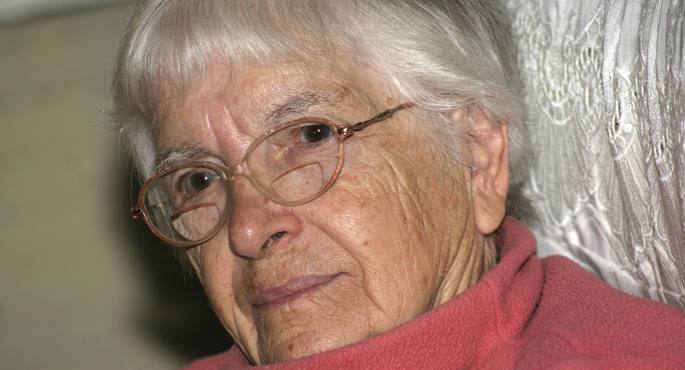
… Why and me?
The Tellith.
Yes, they called me Tellito! These days I have dreamed of that time. Exactly. War, front, international brigades… I have dreamed. And they haven't been nightmares. Of course, sometimes I also have others. I don't know if I'm brave, but I'm not cowardly. I always looked forward. My son tells me that I am the female version of John the Insensible, but it's not that, I've been afraid, I've lived a lot. However, when it had to be resisted, it had to be resisted with fear and without fear.
You had to oppose, Franco's uprising brought you war.
I will tell you what I always say: The time of war was the most beautiful of my life, it happened! Your solidarity. We were enthusiastic and generous. And of course, idealistic, we dreamed of a better world.
What was the prewar era like?
Like the one now. No particularity. I don't know. We live repression, social struggle... I saw it since I was a young woman in the fight, being a 16-year-old girl on the front lines of war. And like me, a lot more people. Of course, many others did not come into our struggle, but into yours: they were fascists, right. I, on the other hand, gave myself completely to the struggle, to the war. Before, he belonged to the union. I was born in 1920, and I worked at the age of 14, with the minimum age being fulfilled.
He was born in Madrid.
Yes, in the Cuatro Caminos neighborhood. A place of great importance. Barrio Obrador. We worked in Madrid, in different places. I, for example, was working on Calle de Alcalá, number 16, against the church. In tailoring. The boss was socialist. Marguerite Nelken took me there. It was, above all, a repairing workshop. We were three or four girls, I studied. My father knew Nelken, and so I got into the job. Nelken was Director General of Penitentiary Institutions in Spain during the Republic. It wasn't just anybody. In our time, young girls worked, on the metro, on the phone company… As soon as I started working, I was in the union.
Why?
I had my ideas and those of my family. In the house they were from the left. You had to work, and before you did, you had to join. My grandfather worked in the mines of Gallarta. Lazaro Landeta Iturrizar, born in Buia, Arrigorriaga. He wasn't a very smart man. Grandma was the light! Tomasa. He was from Soria, farmer. Worker, father! Grandma didn't know how to write, but she could read. In Madrid, his father worked in a kind of pharmacy, called Mutua Obrera. There was the servant. Grandma's family, her siblings, were well-educated people, with money and on the left.
1936.
I turn the years into September. He was 15 years old. Before, there was an atmosphere of struggle. The manifestations of one, the manifestations of the First of May… It was an atmosphere! On Sundays we went on an excursion to the Manzanares River, both socialist and communist, and on more than one occasion the fascists appeared there in a chextra session. And there were serious incidents. I remember, for example, that they killed a little girl named Rico. The war originated from this environment. It hasn't come for free! When the Popular Front won the election, it's done. War!
How did you learn about the war?
Oh, yeah! I was working in Socialist Youth, I knew what the situation was. First it was from Communist Youth. Just before the war, two young people, communists and socialists joined together. And then war. The work is over. What a bail! The anti-fascist movement was already constituted. They rose up, not us, so we reacted, in self-defense.
He participated in this defense.
Yes. First, on the mountain, on the Mountain of Madrid. My brother, for example, died on the mountain, fighting, ten days after the conflict began. It was demolished! He was with the young people on the mountain, on the front, and he believed that only he would bring down all the fascists. And of course, it was knocked down. He was taken down, but died in the hospital because of the serious injuries he suffered.
You distinguished yourself as a mitinist. In the last issue of Estampa magazine, you're superficial.
I was Secretary of Organization and Propaganda for Four Ways, and I had to do rallies. I've already done the rally at the Puerta del Sol. Improvisations. I was going alone, I was starting to do the rally, and there were people. Nobody was leaving! My instinct. I knew how to address people. It smelled of the environment. And I tell him that people didn't leave me. They were all there. In addition, I was very young. I made rallies in many places. I was going, I was going up and I was starting to move. What a discard it must be!
What did you say?
That we had to defend Madrid. What and who were the fascists -- big explanations. My task was agitation and I did my duty. When I left Madrid, I was also in Valencia and with the international brigades. A lot of things in a few years. I had a very hectic life, and I was even young. It wasn't the only one, among the young people there were many more, but as excited as I was, or very few, or none. I was the one that was most valuable. He didn't say nonsense or nonsense. No. I knew what I had to say and I said it. And people didn't get angry. I also went to the villages, mounted on a truck, and the women, there, listening to me. I was telling them we needed their children for war. I was going to ask for their children. But yet, no one ever attacked me.
You had to live in hiding.
At first no. At first I decided to leave Madrid, because if I stayed there it was already known that they were going to kill me. When a girl told me, I left. First I went to Valencia and then I came back in 1939. I had friends here, of course, and once, on the return of work, I found that I was walking along the streets, not thinking about going for a time to Cuatro Caminos. One day, a friend has seen me: “But, Tello, are you here? In the morning I was arrested and asked if I have any news from you.” Again, I realized I had to leave the house. My grandmother took me to Vallecas, to my friends.
You haven't been caught. In exchange, you were arrested...
Yes. For me! Antonia and Margarita Landeta were taken to the police station. They said nothing. They also took over their uncle, but because I didn't know where I was, I couldn't say anything. Meanwhile, I arrived in Zaragoza, fleeing, hiding. Conesa's servants chased me. It was sweet! An asshole. What a butcher! If they had caught me, I wouldn't be here today! Several of my colleagues were arrested and thirteen died! “Thirteen roses.” They were shot together with forty-three men against the wall of the East Cemetery.
Horror, war.
And yet, what I have always said: Whatever happens, that time of war has been the most beautiful of my life! We owned ideals, we had illusion. We were in defense, we didn't start war, we were in self-defense. We were in favor of the republic. Propaganda was also terrible. That we were communists and this and that. We were more Republicans than anyone to oppose this!
Franco’s uprising, the beginning of war, the seizure of power, repression, flight…
I went to Zaragoza. Nobody knew me there and I got to work. The family lived in Madrid for a long time, ten years, without knowing anything about me. If they had known, they would have forced them to report me. Meanwhile, in Zaragoza, I met my husband, Parraga de Ciria, painter. A friend of mine, Mertxe, who knew about Bilbao, introduced us. Two weeks later, we were living in the same house.
You signed up in Zaragoza, Amaia.
I caught her when I left Madrid. And I called myself Amaia, because it was the name of Dolores Ibarruri's daughter. I didn't get any names! In addition, it is a nice name. I also met the Pasionist. His passion in the mittens. “Passionaria”, therefore. He was a great mythologist!
How long was Amaia?
So far! I'm still Amaia. When I have to sign something I am Julia Tello Landeta, but otherwise I am Amaia. Nobody knows me any other names. When my son brought the school notes every week, he signed, as before, Amaia Hidalgo.
So you hid your last name.
Yes. Hide the real name. In the 1950s, when the ID was implanted, I named the real name. The atmosphere was already nice. But if they had asked for the ID card after the war, I wouldn't have used the real name. I don't think so. The atmosphere was terrible and I had to protect myself.
Your husband, already famous painter, also cared when he was told he was going to do Franco's portrait.
I was afraid they would examine their environment. Of course, his environment was me. In the end, they gave him pictures of Franco, and of them he made his portrait, but not willingly. We needed money. Then, when we came to Bilbao, it was something else. As far as I am concerned, I lived in Madrid with fear. Then, quite quietly but well, in Zaragoza. In Bilbao, quieter. Nobody knew me, I made life completely normal. Of course, I didn't show any skull for anyone to dig into my past. Normal life. I was a painter, I made portraits…
Palmira Julia Tello Landeta (Madril, 1920). Euskalduna zuen aitaita, Bizkaikoa, Arrigorriagako Buia auzokoa. Gerra garaian mitinlari nabarmendu zen. “Orain ere egingo nuke nik mitina. Giroa zertan den ikusi behar!”. Gerra ostean, ihesi joan behar izan zuen. Zaragozan ezagutu zuen senarra, Ziriako Parraga margolari bilbotarra, eta Bilbon bizi izan ziren hura hil zen arte. Ondoren, Madril ondoko El Casar-era jo zuen, semearen albora. Aitzakiarik ez du beraren lekukotasunak. Kopla gutxi Tellitori.











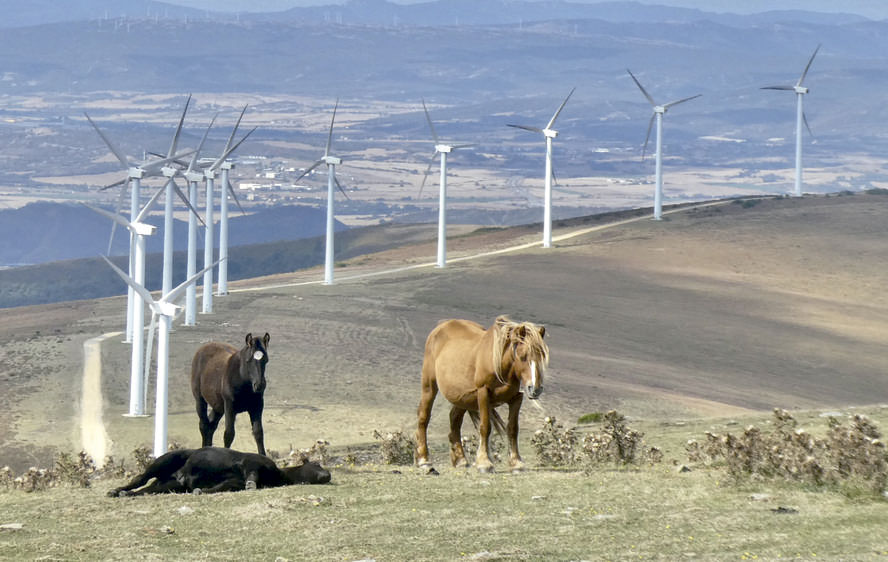
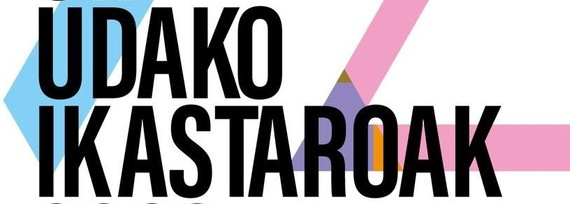
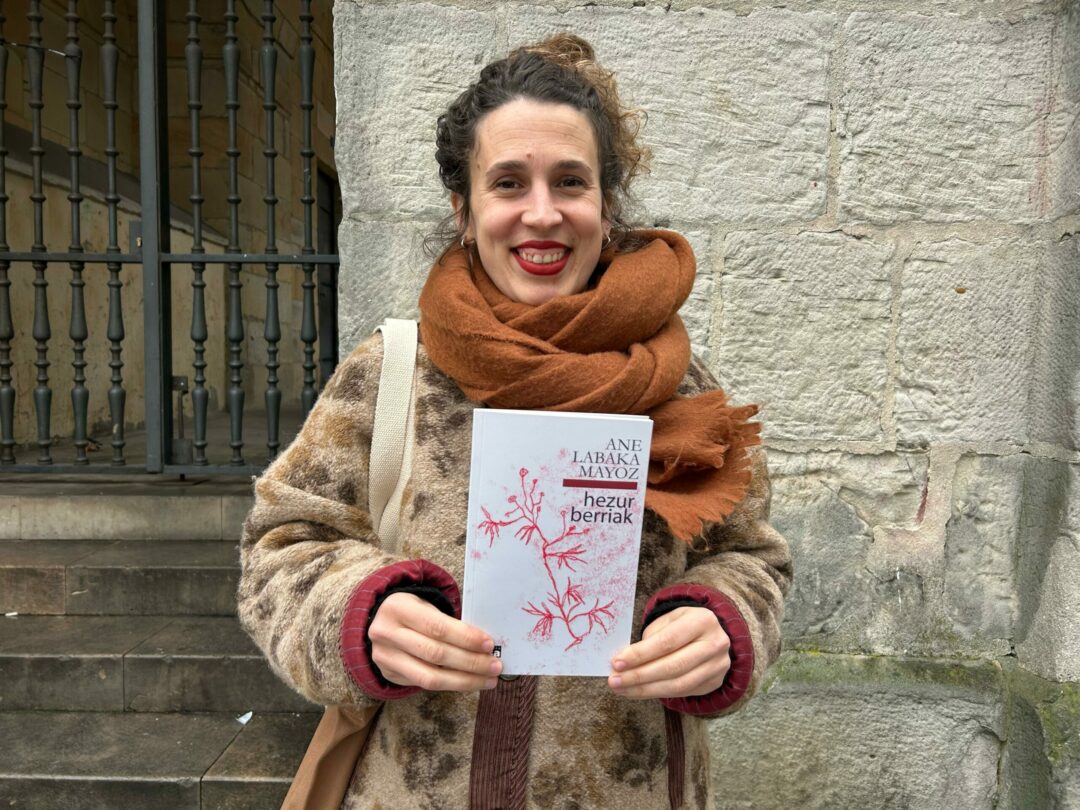

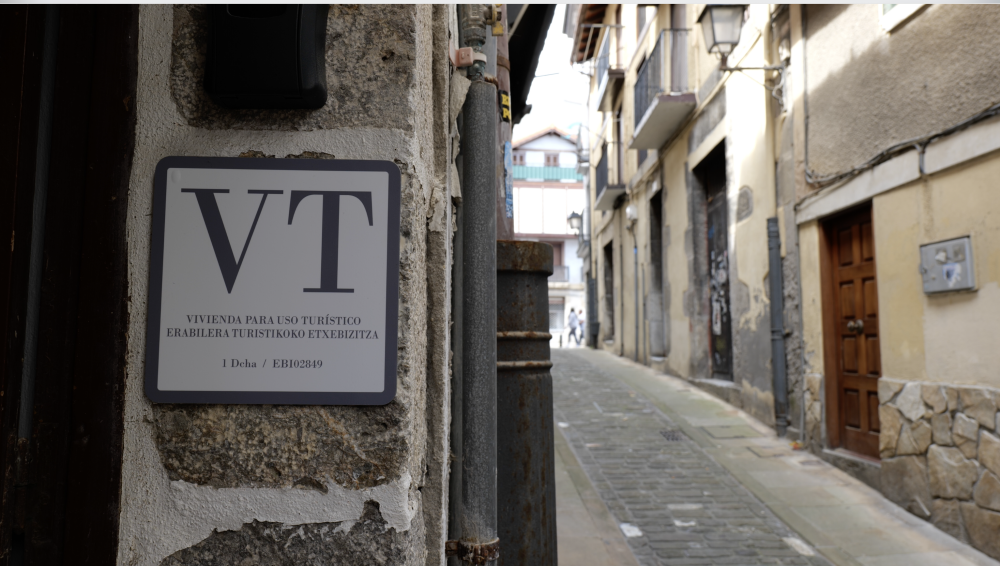
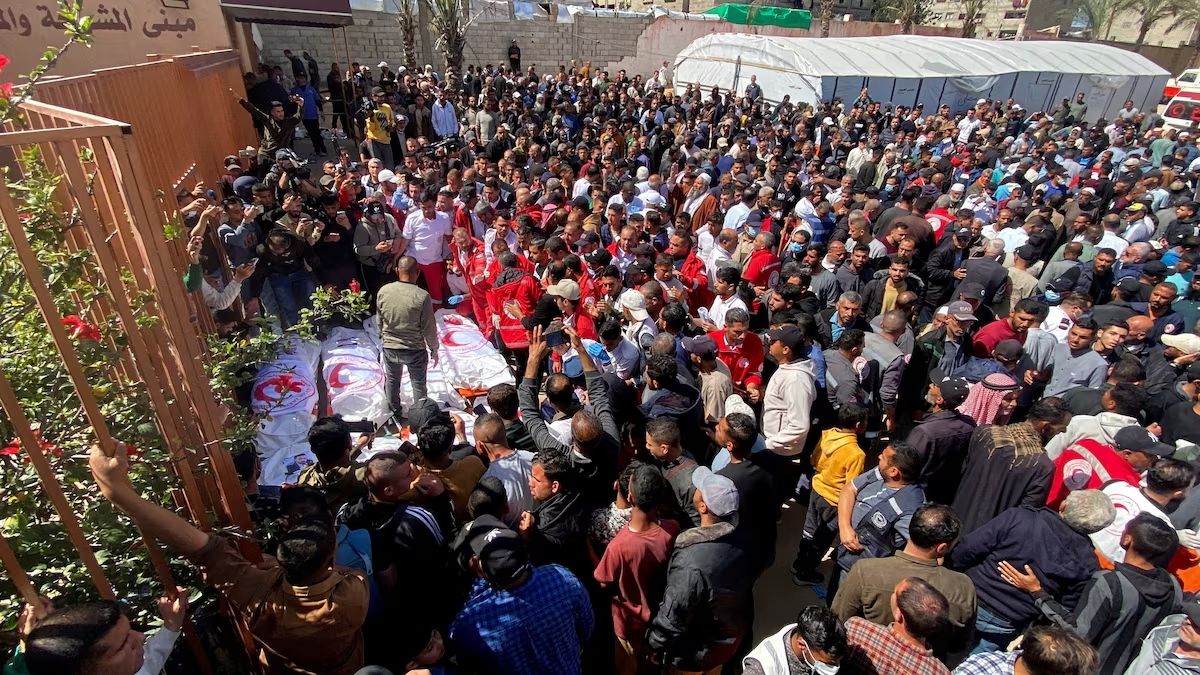
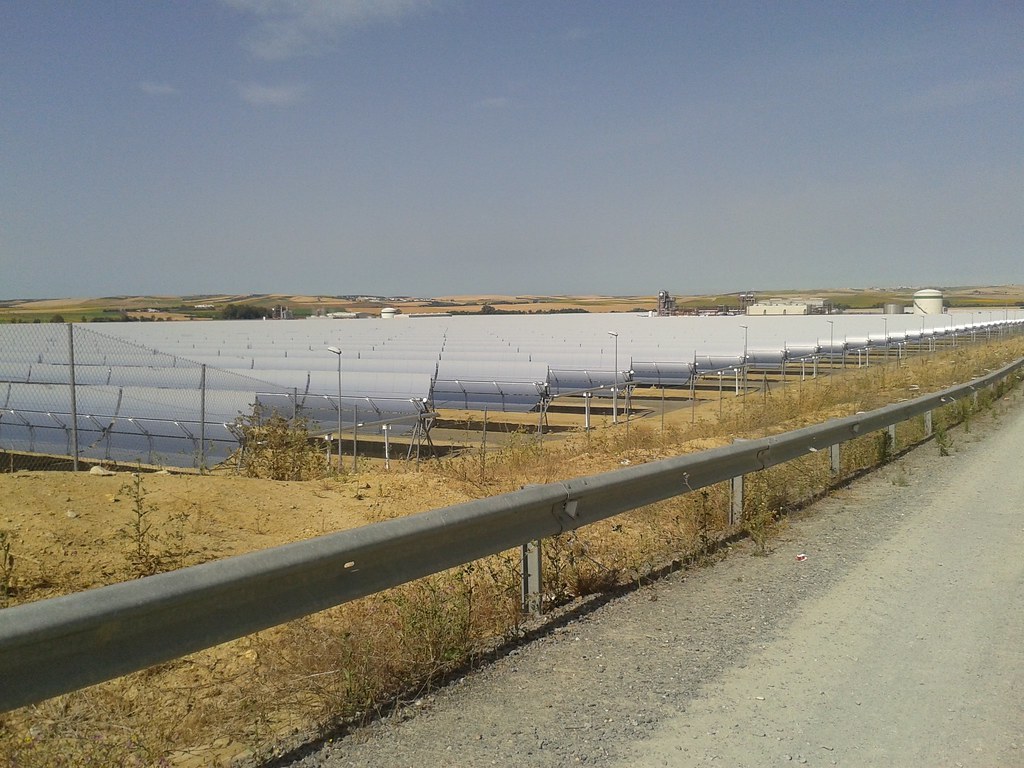
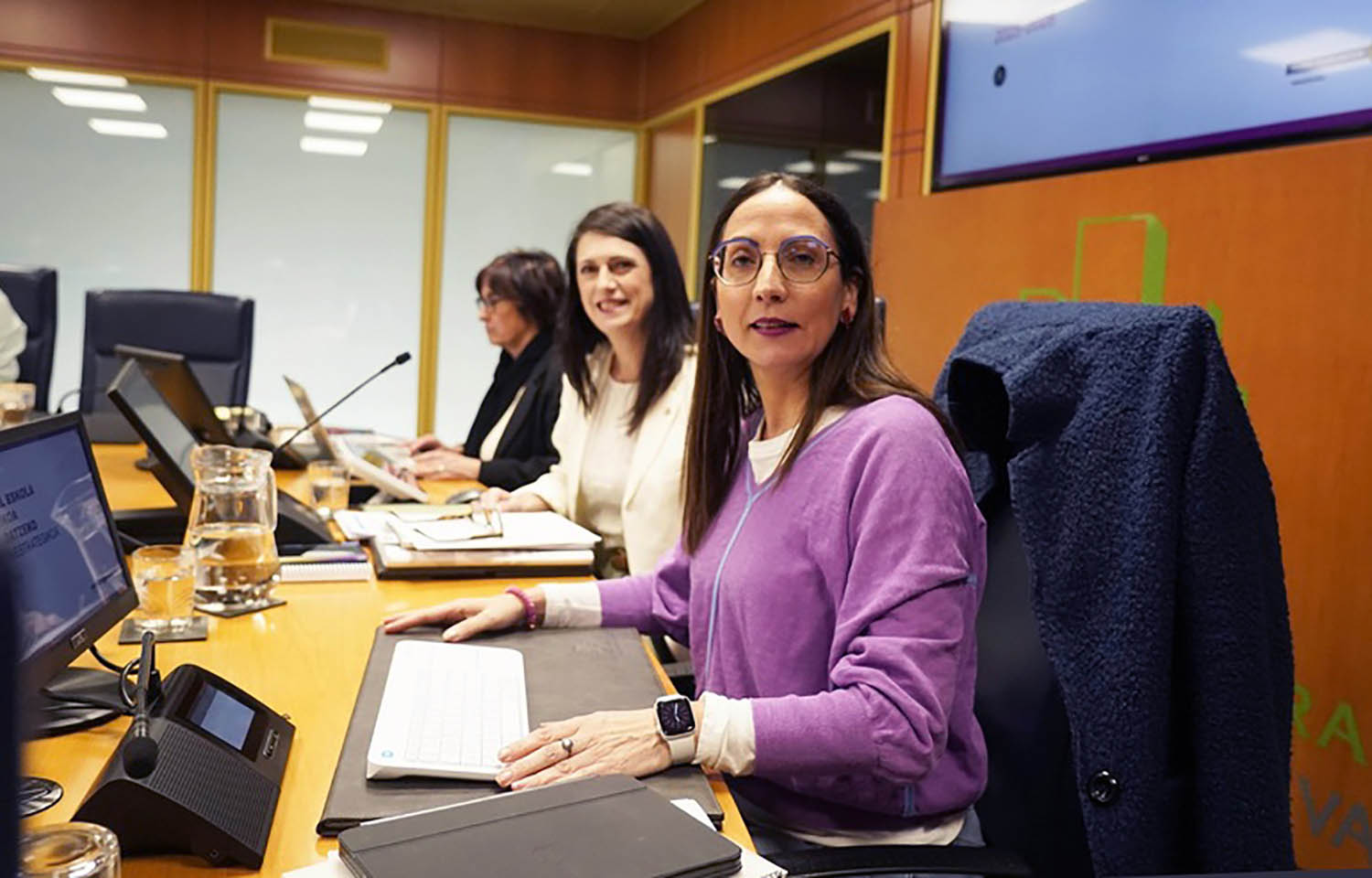

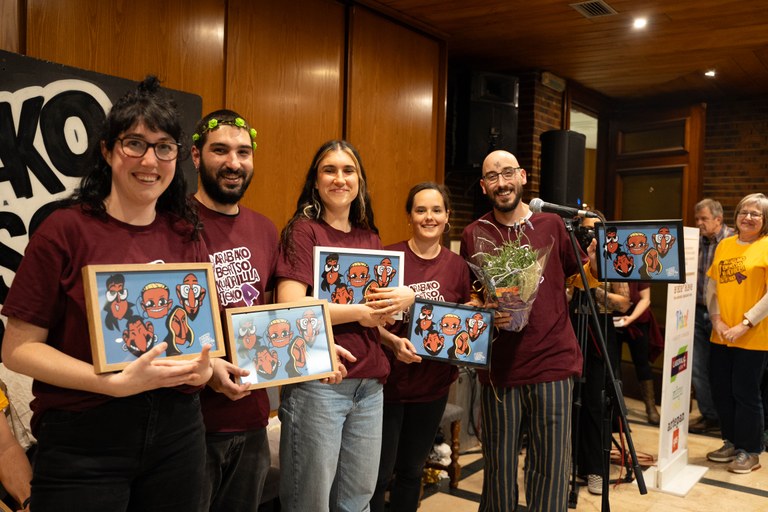
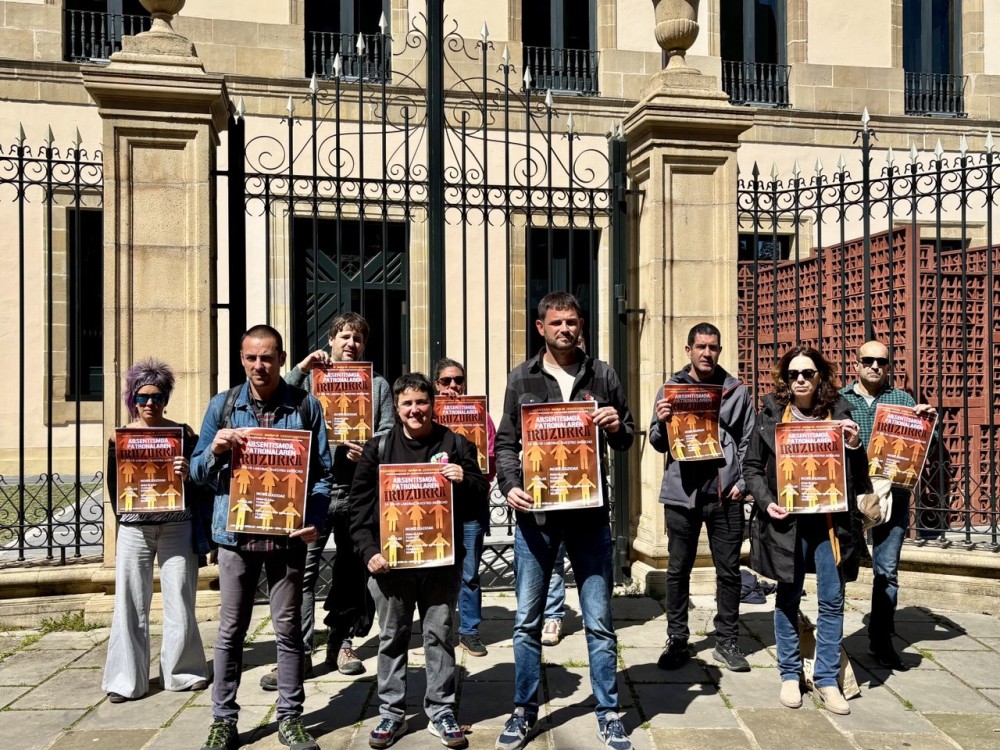

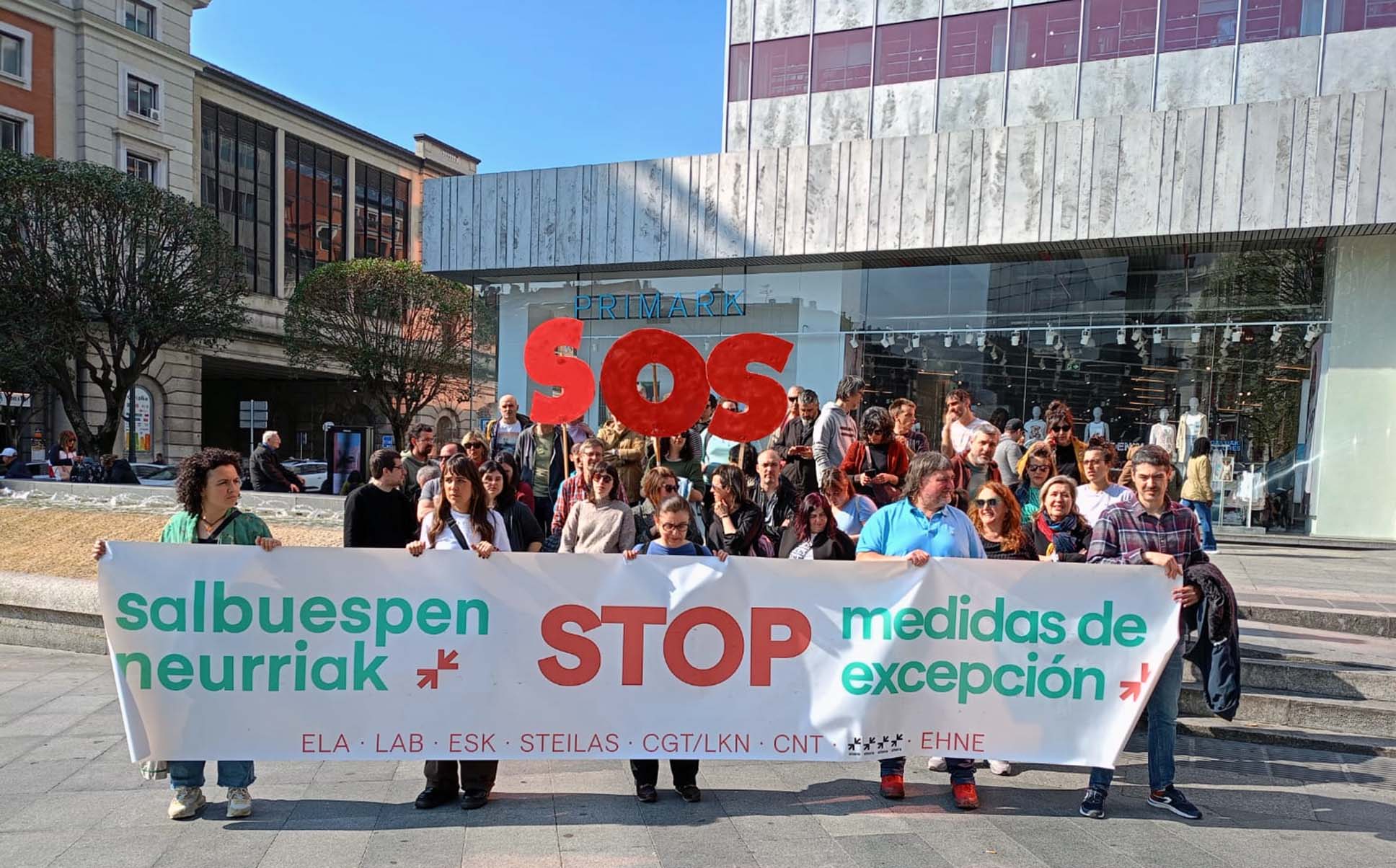
.jpg)